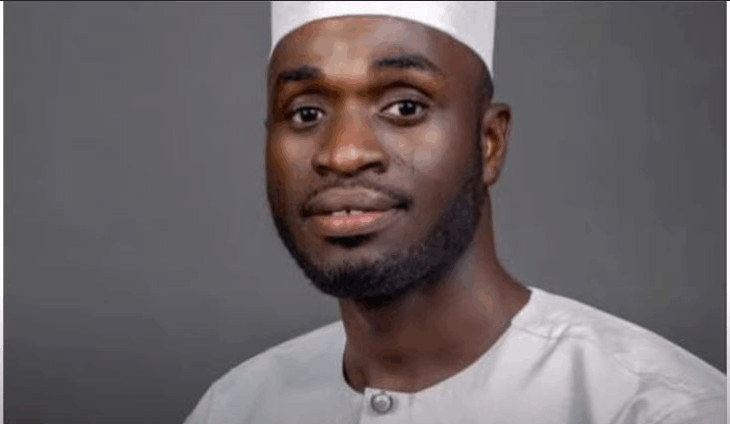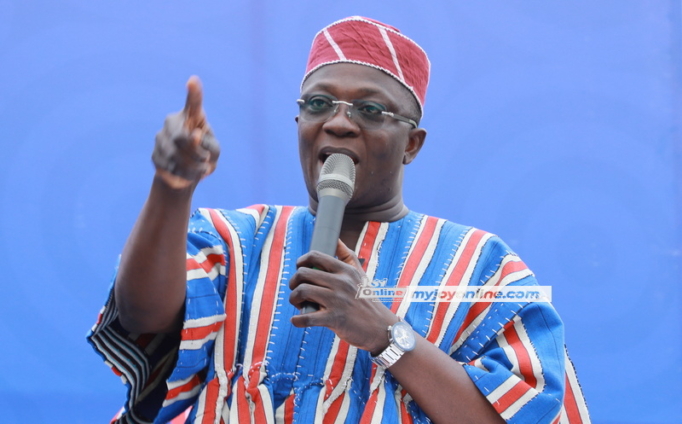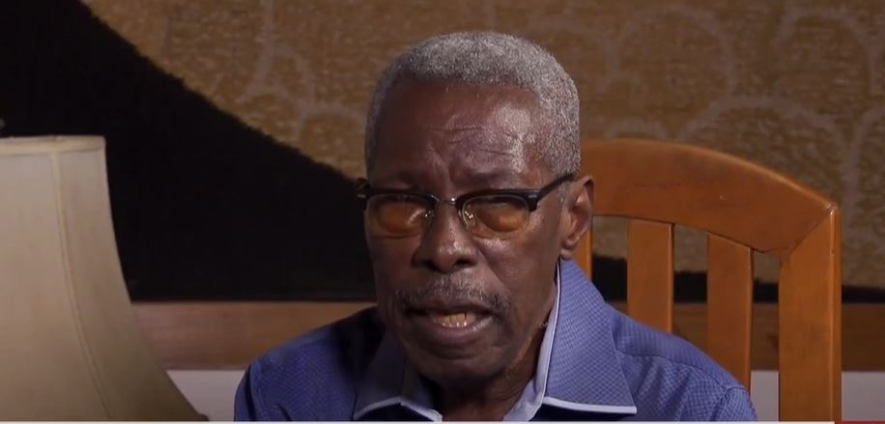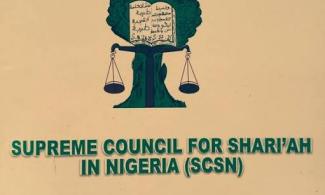Ghana's Fierce LGBTQ Bill Battle: Political Figures Vow Action Amidst Heated Debates

Ghana’s political arena is once again engulfed in controversy as the Proper Human Sexual Rights and Ghanaian Family Values Bill—widely known as the Anti-LGBTQ Bill—moves to the forefront of national debate. Proponents are intensifying their calls for the legislation’s immediate passage, framing it as both a moral and cultural imperative.
Dr. Tiah Abdul-Kabiru Mahama, Member of Parliament for Walewale and a key sponsor of the bill, insists that there are “no legal or procedural barriers” preventing its swift approval. He contends that, if prioritized by parliamentary leadership, the bill could be passed within 48 hours—citing past instances where urgent bills were fast-tracked under certificates of urgency. Dr. Mahama emphasized that all preparatory steps, including gazetting, have been completed, urging Parliament to act decisively.
Adding further pressure, Emmanuel Kwasi Bedzrah, MP for Ho West and co-sponsor of the bill, made a dramatic pledge: he will not seek re-election if the bill is not passed and signed into law. “If it’s not assented to, I will not come back to Parliament again,” Bedzrah declared, framing his position as one grounded in personal conviction rather than political gain. He described his advocacy for the bill—intended to criminalize LGBTQ activities while promoting what supporters call “traditional Ghanaian family values”—as central to both his moral beliefs and his legacy as a legislator.
Tensions escalated further after Bedzrah publicly refuted claims made by Alexander Afenyo-Markin, the Minority Leader, who suggested that a bipartisan consensus had emerged in 2024 labeling the bill “needless.” Afenyo-Markin also claimed to have engaged high-ranking members of the opposition National Democratic Congress (NDC) in discussions to amend the legislation during his tenure as Majority Leader. Bedzrah dismissed these assertions as “untruthful” and accused Afenyo-Markin of speaking with “a double tongue.”
According to Bedzrah, the eight-member sponsorship group behind the bill—including Deputy Education Minister Ntim Fordjour—never participated in any secret negotiations or amendment talks. “No one from his office ever reached out to us,” he said, adding that the sponsors have remained united and transparent throughout the process.
Meanwhile, Moses Foh-Amoaning, the Executive Secretary of the National Coalition for Proper Human Sexual Rights and Family Values and a leading voice in the movement, has proposed a different route to expedite the bill’s passage. He suggests reintroducing it as a public bill sponsored by the government rather than as a private member’s bill, which has faced procedural and financial hurdles.
Foh-Amoaning argues that government sponsorship would “eliminate the existing cost and procedural challenges” and better align with President Nana Akufo-Addo’s previously expressed views. He emphasized that the bill is not solely punitive, highlighting provisions for care, treatment, and rehabilitation of individuals—an attempt, he said, to strike a balance between criminalization and compassion.
Discussions are reportedly underway with Attorney General Godfred Yeboah Dame regarding the withdrawal of the private members’ version to facilitate its reintroduction as a public bill. Foh-Amoaning maintains that this shift could resolve many of the obstacles currently impeding the bill’s progress.
As the debate intensifies, the Anti-LGBTQ Bill continues to divide Ghanaian society. Supporters frame it as a defense of “cultural sovereignty and moral order,” while critics warn it could jeopardize human rights protections and Ghana’s international standing.
With mounting political stakes, public demonstrations, and global attention, the bill’s future now hinges on whether Parliament—and ultimately, the President—will act on one of the most polarizing legislative proposals in Ghana’s recent history.
Recommended Articles
Parliamentary Firestorm: Speaker Bagbin Cites Afenyo-Markin for Contempt!

The Ghanaian Parliament is addressing critical matters of accountability and legal adherence as Minority Leader Alexande...
Political Firestorm: Bryan Acheampong's US Army Service Claims Under Scrutiny

Ghana's Parliament has officially stated it holds no record of documents confirming Dr. Bryan Acheampong's claimed US mi...
Kpandai Chaos Erupts: Parliament Plunges into Disruption Over Contentious Seat Vacancy

A parliamentary session in Ghana descended into chaos on December 10 over the disputed Kpandai parliamentary seat vacanc...
Controversial 'Secret Alterations' in Tax Laws Spark Outrage, Reps Launch Probe

Nigeria faces a constitutional crisis as the Supreme Council for Shari’ah and a House of Representatives member allege c...
Ghana in Uproar: SHS Teacher Manual Gender Content Divides Nation, Sparks Resignations

Ghana's educational sector faces a major controversy as public figures demand apologies and accountability from NaCCA ov...
You may also like...
Be Honest: Are You Actually Funny or Just Loud? Find Your Humour Type

Are you actually funny or just loud? Discover your humour type—from sarcastic to accidental comedian—and learn how your ...
Ndidi's Besiktas Revelation: Why He Chose Turkey Over Man Utd Dreams

Super Eagles midfielder Wilfred Ndidi explained his decision to join Besiktas, citing the club's appealing project, stro...
Tom Hardy Returns! Venom Roars Back to the Big Screen in New Movie!

Two years after its last cinematic outing, Venom is set to return in an animated feature film from Sony Pictures Animati...
Marvel Shakes Up Spider-Verse with Nicolas Cage's Groundbreaking New Series!

Nicolas Cage is set to star as Ben Reilly in the upcoming live-action 'Spider-Noir' series on Prime Video, moving beyond...
Bad Bunny's 'DtMF' Dominates Hot 100 with Chart-Topping Power!

A recent 'Ask Billboard' mailbag delves into Hot 100 chart specifics, featuring Bad Bunny's "DtMF" and Ella Langley's "C...
Shakira Stuns Mexico City with Massive Free Concert Announcement!

Shakira is set to conclude her historic Mexican tour trek with a free concert at Mexico City's iconic Zócalo on March 1,...
Glen Powell Reveals His Unexpected Favorite Christopher Nolan Film

A24's dark comedy "How to Make a Killing" is hitting theaters, starring Glen Powell, Topher Grace, and Jessica Henwick. ...
Wizkid & Pharrell Set New Male Style Standard in Leather and Satin Showdown

Wizkid and Pharrell Williams have sparked widespread speculation with a new, cryptic Instagram post. While the possibili...